Introduction
Nigerian fashion trends embody vibrancy and cultural richness. They showcase a fusion of tradition and modernity. Nigerian designers continuously push boundaries, creating unique and innovative styles.
Their designs reflect the country’s diverse heritage and dynamic creativity.
Nigeria’s fashion scene draws inspiration from its various ethnic groups, each with distinct traditional attire. From the colorful Yoruba gele to the elegant Igbo isiagu, cultural elements permeate contemporary fashion.
Designers skillfully blend these influences with global trends, resulting in captivating pieces that celebrate Nigeria’s heritage.
Ankara fabric has become synonymous with Nigerian fashion, experiencing a resurgence in popularity in recent years.
Designers experiment with Ankara, transforming it into chic dresses, bold suits, and statement accessories.
Its versatility and bold patterns make it a favorite among fashion enthusiasts worldwide.
Nigerian designers infuse traditional attire with modern twists, breathing new life into age-old styles. Traditional garments like agbada and buba are reinterpreted with contemporary silhouettes and embellishments.
This fusion of old and new creates visually stunning ensembles that resonate with both local and international audiences.
Global Appeal
Nigerian fashion trends have gained global recognition, with designers showcasing their collections on international runways and red carpets. Celebrities and fashion icons embrace Nigerian designs, propelling them onto the world stage.
The global appeal of Nigerian fashion speaks to its innovation and relevance in the ever-evolving industry.
Nigeria’s vibrant street style scene is a melting pot of creativity and self-expression. Young fashion enthusiasts experiment with eclectic looks, blending traditional garments with modern streetwear.
This grassroots movement has sparked new trends and challenged conventional notions of fashion, making the streets of Nigeria a runway in their own right.
In response to global concerns about sustainability, Nigerian designers are increasingly incorporating eco-friendly practices into their work.
From ethically sourced fabrics to zero-waste production methods, sustainability is becoming a cornerstone of Nigerian fashion.
This commitment to environmental responsibility ensures that Nigerian fashion remains not only stylish but also socially conscious.
Generally, Nigerian fashion trends epitomize diversity, creativity, and innovation. From traditional attire reimagined to sustainable fashion practices, the industry continues to evolve, leaving an indelible mark on the global fashion landscape.
Embracing Nigeria’s rich cultural heritage while embracing modern influences, Nigerian designers are at the forefront of shaping the future of fashion.
Traditional Nigerian Fashion: A Blend of Culture and Style
Influence of Nigerian Culture on Fashion
Nigerian culture has long been a vibrant tapestry of traditions, colors, and stories, all interwoven into its fashion scene. From the elaborate ceremonies to everyday wear, the rich cultural heritage of Nigeria is deeply ingrained in its fashion trends.
The diverse ethnic groups within Nigeria contribute to this dynamic fashion landscape, each bringing its unique style and flair.
Whether it’s the bold patterns of the Yoruba, the intricate beadwork of the Igbo, or the flowing robes of the Hausa, every cultural group adds its own distinct flavor to Nigerian fashion.
Traditional garments and accessories play a significant role in Nigerian fashion, serving as both a form of expression and a connection to heritage.
The agbada, a flowing robe worn by men, and the iro and buba, a wrapper and blouse combination worn by women, are iconic examples of traditional attire that have stood the test of time.
Popular Traditional Garments and Accessories
The gele, a headscarf worn by women, is another staple of Nigerian fashion, known for its elaborate wrapping techniques and vibrant colors. Adorned with intricate patterns and often embellished with beads or jewels, the gele adds a touch of elegance to any outfit.
For men, the fila, a traditional cap, is a must-have accessory, often worn to complement the agbada or other traditional attire. Made from various materials such as Aso-oke or velvet, the fila adds a touch of sophistication to men’s fashion.
Beaded jewelry is also a prominent feature of Nigerian fashion, with necklaces, bracelets, and earrings crafted from an array of materials, including coral, glass beads, and brass.
These accessories not only enhance traditional attire but also serve as symbols of status and cultural identity.
Modernization of Traditional Fashion by Designers
In recent years, Nigerian designers have been reimagining traditional fashion, blending age-old techniques with contemporary designs to create stunning pieces that appeal to a global audience.
Designers like Lisa Folawiyo, Tiffany Amber, and Mai Atafo have gained international acclaim for their innovative approach to Nigerian fashion.
From incorporating traditional fabrics like Aso-oke and Ankara into modern silhouettes to experimenting with bold prints and unconventional textures, these designers are pushing the boundaries of Nigerian fashion while still honoring its cultural roots.
By infusing traditional elements with modern aesthetics, Nigerian designers are not only preserving cultural heritage but also driving the evolution of fashion in Nigeria and beyond.
This fusion of tradition and innovation reflects the dynamic spirit of Nigerian fashion, where the past and present collide to create something truly extraordinary.
In general, traditional Nigerian fashion is a celebration of culture, identity, and creativity.
From the influence of Nigerian culture on fashion to the modernization of traditional garments by designers, it’s clear that Nigerian fashion continues to captivate and inspire the world with its unique blend of tradition and style.
Read: Digital Media Trends in Communication Arts
Contemporary Nigerian Fashion: Embracing Boldness and Diversity
Nigerian fashion is a vibrant reflection of its culture, diversity, and rich heritage.
In recent years, the fashion scene in Nigeria has undergone a remarkable transformation, embracing bold colors, patterns, and textures to create stunning and unique styles that captivate audiences both locally and internationally.
Embracing Bold Colors
Bold colors have become a hallmark of contemporary Nigerian fashion, with designers daring to experiment with vibrant hues that make bold statements.
From striking reds and yellows to lush greens and electric blues, Nigerian designers are not afraid to embrace the full spectrum of color.
These bold hues are often used to infuse energy and personality into traditional Nigerian attire, creating modern interpretations that celebrate the country’s cultural heritage while also pushing boundaries.
Exploring Intricate Patterns and Textures
In addition to bold colors, Nigerian fashion is characterized by intricate patterns and textures that add depth and dimension to garments.
From intricate embroidery and beadwork to intricate batik and tie-dye techniques, Nigerian designers draw inspiration from a myriad of sources to create visually stunning pieces that tell a story.
These patterns and textures often reflect the diverse cultural influences found within Nigeria, celebrating the country’s rich tapestry of traditions and customs.
Celebrating Prominent Nigerian Fashion Designers
Nigeria boasts a wealth of talented fashion designers who have made significant contributions to the global fashion landscape.
From established names to emerging talents, Nigerian designers continue to push boundaries and redefine the industry with their innovative designs and creative vision.
- Lisa Folawiyo: Known for her eclectic mix of traditional African fabrics and contemporary silhouettes, Lisa Folawiyo has gained international acclaim for her bold and vibrant designs that celebrate the beauty of Nigerian culture.
- Mai Atafo: Renowned for his impeccable tailoring and sophisticated aesthetic, Mai Atafo is a powerhouse in the Nigerian fashion scene, known for his ability to blend traditional African elements with modern elegance.
- Deola Sagoe: A trailblazer in Nigerian fashion, Deola Sagoe is celebrated for her exquisite craftsmanship and timeless designs that effortlessly fuse traditional African motifs with contemporary flair.
- Orange Culture: With its gender-fluid designs and avant-garde aesthetic, Orange Culture has emerged as a frontrunner in Nigerian fashion, challenging conventions and redefining notions of masculinity and femininity.
In essence, contemporary Nigerian fashion is a dynamic and evolving landscape characterized by boldness, diversity, and innovation.
From vibrant colors and intricate patterns to the visionary creations of prominent designers, Nigerian fashion continues to captivate audiences around the world with its unique blend of tradition and modernity.
Read: Famous Nigerian Alumni of Communication Arts Programs
Street style in Nigeria
Street style has become a significant factor influencing fashion trends in Nigeria. With the rise of social media platforms like Instagram and Twitter, Nigerians have a platform to showcase their unique style to the world.
This has led to a fusion of traditional Nigerian fashion with global trends, creating a diverse and vibrant fashion scene in the country.
Examine the influence of street style on Nigerian fashion
Street style in Nigeria has a massive influence on mainstream fashion. The everyday outfits worn by Nigerians on the streets serve as inspiration for designers, bloggers, and fashion enthusiasts.
This influence can be seen in the way Nigerian designers incorporate street style elements into their collections, creating a more inclusive and diverse fashion landscape.
How Nigerians are incorporating global trends into their outfits
Nigerians are increasingly incorporating global trends into their outfits, blending traditional Nigerian elements with modern-day styles.
From Ankara prints paired with sneakers to gele worn with Western-style dresses, Nigerians are embracing a fusion of cultures and fashion influences.
This mix of traditional and contemporary styles reflects the multicultural and cosmopolitan nature of Nigerian fashion.
Mention popular street style trends in Nigerian cities
- Bright and bold Ankara prints
- Denim on denim combinations
- Oversized sleeves and ruffles
- Sneakers paired with traditional attire
- Mixing high-end and thrifted pieces
- Statement accessories like oversized earrings and sunglasses
These popular street style trends can be spotted in cities like Lagos, Abuja, and Port Harcourt, where fashion-forward individuals express their individuality through their clothing choices.
The fashion scene in Nigeria is vibrant and constantly evolving, with street style playing a crucial role in shaping the fashion narrative of the country.
Read: Internship Opportunities for Communication Arts Students
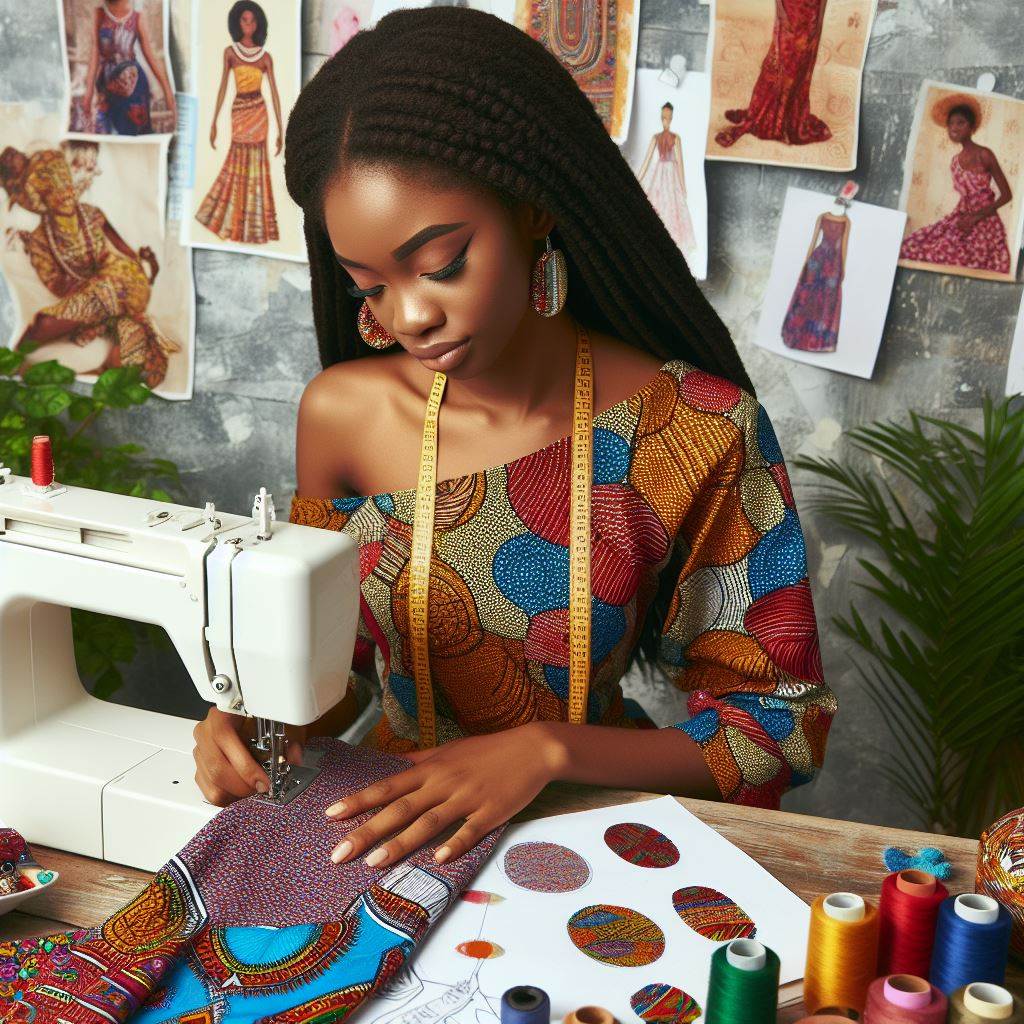
Accessories and beauty trends
Latest Accessory Trends in Nigeria
Nigeria is a country known for its vibrant and colorful fashion scene, and this extends to accessories as well. Here are some of the latest accessory trends that are currently making waves in the Nigerian fashion industry:
- Beaded jewelry: Beaded accessories have always been a staple in Nigerian fashion, but recently, there has been a resurgence in their popularity. From beaded necklaces to bracelets, these accessories add a touch of traditional elegance to any outfit.
- Statement earrings: Statement earrings are a must-have accessory for any fashion-forward Nigerian woman. Whether they are big, bold, and colorful or delicate and intricate, statement earrings can instantly elevate any look.
- Headwraps: Headwraps, also known as gele, are a traditional Nigerian accessory that has been embraced by women of all ages. They come in a variety of colors and prints, making them a versatile accessory for any occasion.
- Mini bags: Mini bags have become a popular accessory trend in Nigeria, with fashionistas opting for smaller, more compact bags to carry their essentials. These cute and stylish bags are perfect for a night out or a special event.
Growing Popularity of Nigerian Beauty Brands
In recent years, there has been a noticeable increase in the popularity of Nigerian beauty brands both locally and internationally.
Nigerian beauty brands are known for their high-quality products, innovative formulas, and inclusive shade ranges.
Some of the most popular Nigerian beauty brands include:
- Zaron Cosmetics: Zaron Cosmetics is a Nigerian beauty brand that offers a wide range of makeup products for women of all skin tones. Their products are known for their long-lasting formulas and vibrant colors.
- House of Tara: House of Tara is another well-known Nigerian beauty brand that specializes in makeup products for women of color. Their products are cruelty-free and cater to a diverse range of skin tones.
- BM|Pro: BM|Pro is a luxury beauty brand that is favored by celebrities and beauty influencers in Nigeria. Known for their professional-quality products, BM|Pro offers a range of makeup and skincare products.
- Kuddy Cosmetics: Kuddy Cosmetics is a popular Nigerian beauty brand that offers a wide selection of makeup, skincare, and hair care products. Their products are affordable and widely available in local beauty stores.
Unique Beauty Trends Embraced by Nigerians
Nigerians are known for their creativity and bold fashion choices, which is reflected in the unique beauty trends that they embrace. Here are some of the unconventional beauty trends that have gained popularity in Nigeria:
- Colored hair: Nigerians are not afraid to experiment with bold hair colors, whether it’s neon green, electric blue, or hot pink. Colored hair has become a statement-making trend among Nigerian fashionistas.
- Gele artistry: Gele, or headwraps, are not just a traditional accessory in Nigeria but also a form of art. Nigerian women have taken gele tying to the next level, creating intricate and elaborate designs that are true masterpieces.
- Face beads: Face beads, also known as shoulder beads, have become a popular trend among Nigerian women. These beaded accessories are worn on the face or shoulders and add a unique and elegant touch to any outfit.
- Body art: Body art, such as henna tattoos and body painting, has become a growing trend in Nigeria. Many Nigerian women use body art to express their creativity and individuality, creating stunning designs on their skin.
In a nutshell, accessories and beauty trends play a significant role in the fashion landscape of Nigeria.
Whether it’s embracing traditional accessories like headwraps or experimenting with bold beauty trends, Nigerians are known for their diverse and dynamic sense of style.
Read: Language Arts Courses: What to Expect in Nigeria
See Related Content: Famous Nigerian Scholars in Islamic Studies
Influences from Nigerian Celebrities
Nigerian celebrities exert substantial influence on fashion trends, shaping styles with their unique flair and panache.
Their bold choices and distinctive fashion sense set the stage for the latest trends in Nigeria and beyond.
The Impact of Nigerian Celebrities
Nigerian celebrities wield significant influence over fashion trends, both nationally and internationally. Their presence on social media platforms amplifies the reach and impact of their style choices, making them trendsetters in the fashion world.
Popular Nigerian Celebrities Setting Trends
Among the plethora of stylish Nigerian celebrities, a few stand out for their exceptional fashion sensibilities:
- Genevieve Nnaji: Renowned for her elegant and sophisticated style, Genevieve Nnaji effortlessly blends traditional Nigerian attire with contemporary fashion, inspiring countless fashion enthusiasts.
- Wizkid: As a global music sensation, Wizkid’s fashion choices reflect his eclectic taste and urban flair. His daring ensembles often incorporate vibrant colors and bold patterns, setting trends in streetwear.
- Tiwa Savage: A fashion icon in her own right, Tiwa Savage consistently dazzles with her chic and glamorous outfits. Her versatile style ranges from edgy streetwear to glamorous red carpet looks, inspiring fashionistas across the globe.
- Burna Boy: With his distinct Afro-fusion sound, Burna Boy also makes waves in the fashion scene. His eclectic wardrobe features a fusion of African prints and contemporary streetwear, reflecting his bold and unapologetic style.
Fashion Trends Inspired by Nigerian Celebrities
Nigerian celebrities influence fashion trends in various ways, inspiring the adoption of specific styles and aesthetics:
Transform Your Career with Expert Guidance
Get personalized mentorship consulting that’s tailored to your unique path. Our expert advice is actionable and exclusive.
Get Started- Afrocentric Fashion: Inspired by the rich cultural heritage of Nigeria, celebrities like Genevieve Nnaji often showcase traditional Nigerian attire with a modern twist. This fusion of cultural elements with contemporary fashion resonates with audiences worldwide, promoting African heritage in the global fashion landscape.
- Streetwear Revolution: Influenced by the urban style of Nigerian celebrities like Wizkid and Burna Boy, streetwear continues to dominate the fashion scene. Bold colors, oversized silhouettes, and statement accessories define this trend, reflecting the dynamic and vibrant energy of Nigerian street culture.
- Glamorous Red Carpet Looks: Tiwa Savage’s glamorous red carpet appearances set the stage for extravagant evening wear. From sequined gowns to figure-hugging silhouettes, her impeccable style inspires fashionistas to embrace luxury and sophistication.
In review, Nigerian celebrities play a pivotal role in shaping fashion trends, leveraging their influence to promote diversity, creativity, and self-expression in the fashion industry.
By embracing their unique identities and pushing the boundaries of style, these celebrities inspire millions around the world to embrace fashion as a form of art and self-expression.
Tips for Incorporating Nigerian Fashion Trends
Nigerian fashion is renowned for its vibrancy, diversity, and cultural richness. Incorporating these trends into your everyday outfits can add a unique flair to your style.
Here are seven practical tips to seamlessly blend Nigerian fashion into your wardrobe while staying true to your personal style.
Embrace Vibrant Prints and Patterns
Nigerian fashion is synonymous with bold prints and vibrant patterns. Incorporate Ankara fabrics or Adire prints into your outfits to instantly infuse them with Nigerian flair. Pair a printed Ankara skirt with a simple blouse for a chic and stylish look.
Accessorize with Statement Pieces
Accessorizing is key to incorporating Nigerian fashion trends into your wardrobe. Opt for statement jewelry such as chunky beaded necklaces, brass cuffs, or intricately designed earrings.
These accessories can elevate even the simplest of outfits and add a touch of Nigerian glamour.
Mix Traditional and Contemporary Elements
Blend traditional Nigerian attire with contemporary pieces for a modern yet culturally inspired look.
Pair a traditional Nigerian gele headwrap with a contemporary dress or jumpsuit to create a fashion-forward ensemble that celebrates Nigerian heritage.
Experiment with Silhouettes
Don’t be afraid to experiment with different silhouettes and cuts inspired by Nigerian fashion. Try wide-leg trousers, flowing kaftans, or tailored blazers adorned with African-inspired motifs.
Play with shapes and proportions to create visually interesting outfits that reflect your personal style.
Incorporate Cultural Accessories
Incorporate cultural accessories such as beaded waistbands, cowrie shell belts, or handwoven bags into your outfits.
These accessories not only add a touch of Nigerian authenticity but also serve as conversation starters and unique statement pieces.
Pay Attention to Detail
Attention to detail is crucial when incorporating Nigerian fashion trends into your wardrobe. Look for intricate embroidery, beading, or embellishments that showcase the craftsmanship and artistry of Nigerian design.
These small details can elevate your outfits and add a touch of luxury.
Make It Your Own
Above all, remember to make Nigerian fashion trends your own. Experiment with different styles, colors, and combinations to find what resonates with you personally.
Whether you prefer a minimalist approach or love to make a bold statement, let your individuality shine through in your fashion choices.
In fact, Incorporating Nigerian fashion trends into your everyday outfits is a fun and creative way to express your style while celebrating cultural diversity.
By following these seven tips, you can seamlessly blend Nigerian influences into your wardrobe and make a fashion statement that is uniquely yours. So go ahead, embrace the vibrancy of Nigerian fashion, and let your style shine!
Discover More: How to Sell Your Art Online in Nigeria
Conclusion
Nigerian fashion trends reflect a dynamic fusion of tradition and modernity. From vibrant Ankara prints to contemporary streetwear, Nigerian fashion continues to captivate global audiences with its unique flair.
Key Points
- Ankara Dominance: Ankara fabric remains a cornerstone of Nigerian fashion, celebrated for its bold patterns and versatility in clothing design.
- Innovative Designs: Nigerian designers are pushing boundaries with innovative cuts, embellishments, and silhouettes, showcasing their mastery of craftsmanship and creativity.
- Cultural Influences: Traditional Nigerian attire, such as the agbada and gele, continues to inspire modern fashion, blending cultural heritage with contemporary aesthetics.
- Celebrity Endorsement: Celebrities and influencers play a pivotal role in popularizing Nigerian fashion trends on the global stage, amplifying their reach and impact.
- Fashion Weeks: Events like Lagos Fashion Week provide a platform for emerging talent to showcase their collections, fostering a vibrant ecosystem of creativity and entrepreneurship.
- Street Style: Nigerian street style reflects an eclectic mix of influences, from urban chic to traditional motifs, showcasing the diversity and individuality of fashion expression.
- Sustainable Fashion: There is a growing emphasis on sustainability within the Nigerian fashion industry, with designers incorporating eco-friendly practices and materials into their collections.
- Global Recognition: Nigerian fashion is gaining recognition on the international stage, with designers and brands receiving acclaim for their innovation and cultural resonance.
Creativity and Diversity
The richness of Nigerian fashion lies in its ability to seamlessly blend tradition with contemporary trends, resulting in a tapestry of diverse styles and influences.
From haute couture to ready-to-wear, Nigerian fashion offers something for everyone, celebrating individuality and self-expression.
Embrace Nigerian Fashion
As we conclude our exploration of the latest Nigerian fashion trends, we encourage readers to embrace the vibrancy and creativity of this dynamic industry.
Whether it’s incorporating Ankara prints into your wardrobe or experimenting with bold accessories, embracing Nigerian fashion is a celebration of culture, innovation, and individuality.
So, dare to stand out, dare to be bold, and dare to make a statement with Nigerian fashion. Join the global movement and let Nigerian fashion inspire your personal style journey.
In closing, Nigerian fashion is not just about what you wear; it’s about embracing a cultural heritage, expressing your identity, and celebrating diversity.
So, let your style be a reflection of who you are and the world you want to create. Step into the world of Nigerian fashion and embark on a journey of self-discovery and sartorial delight.

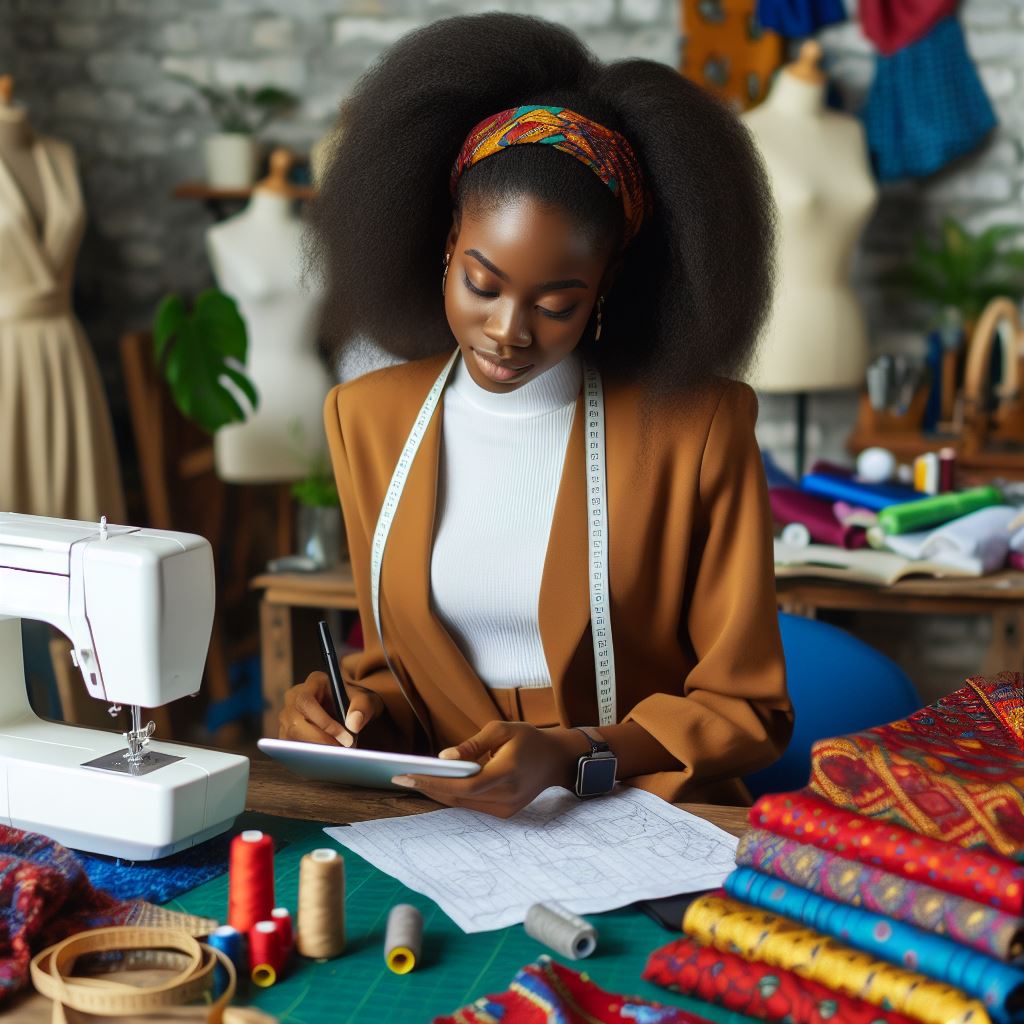
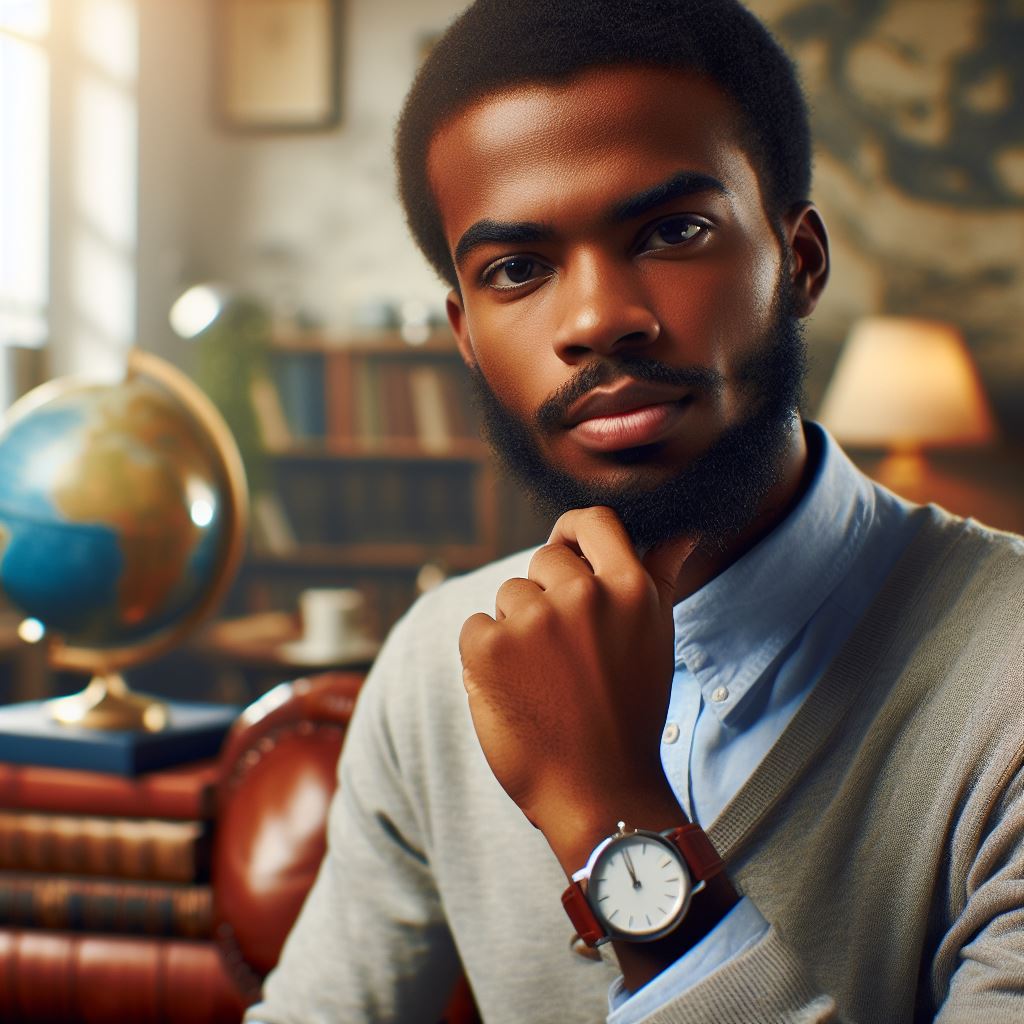
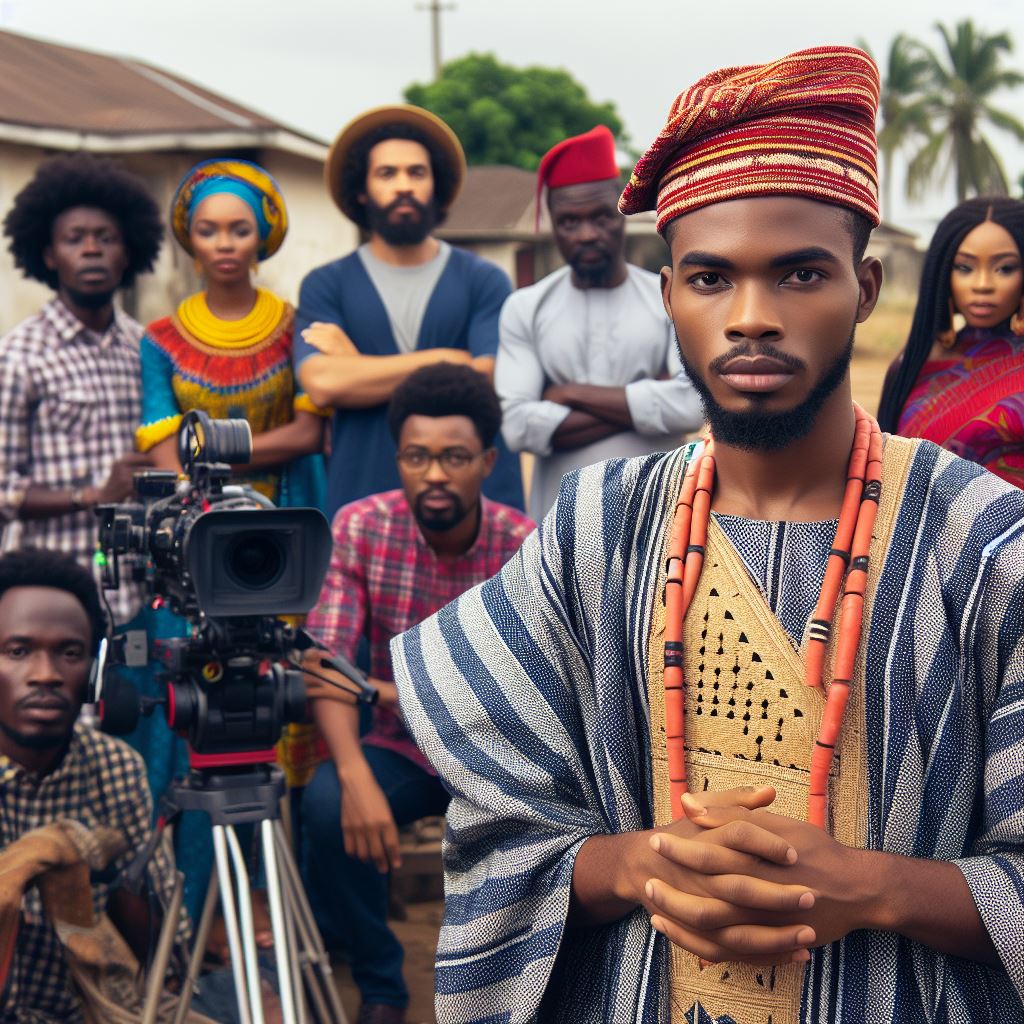
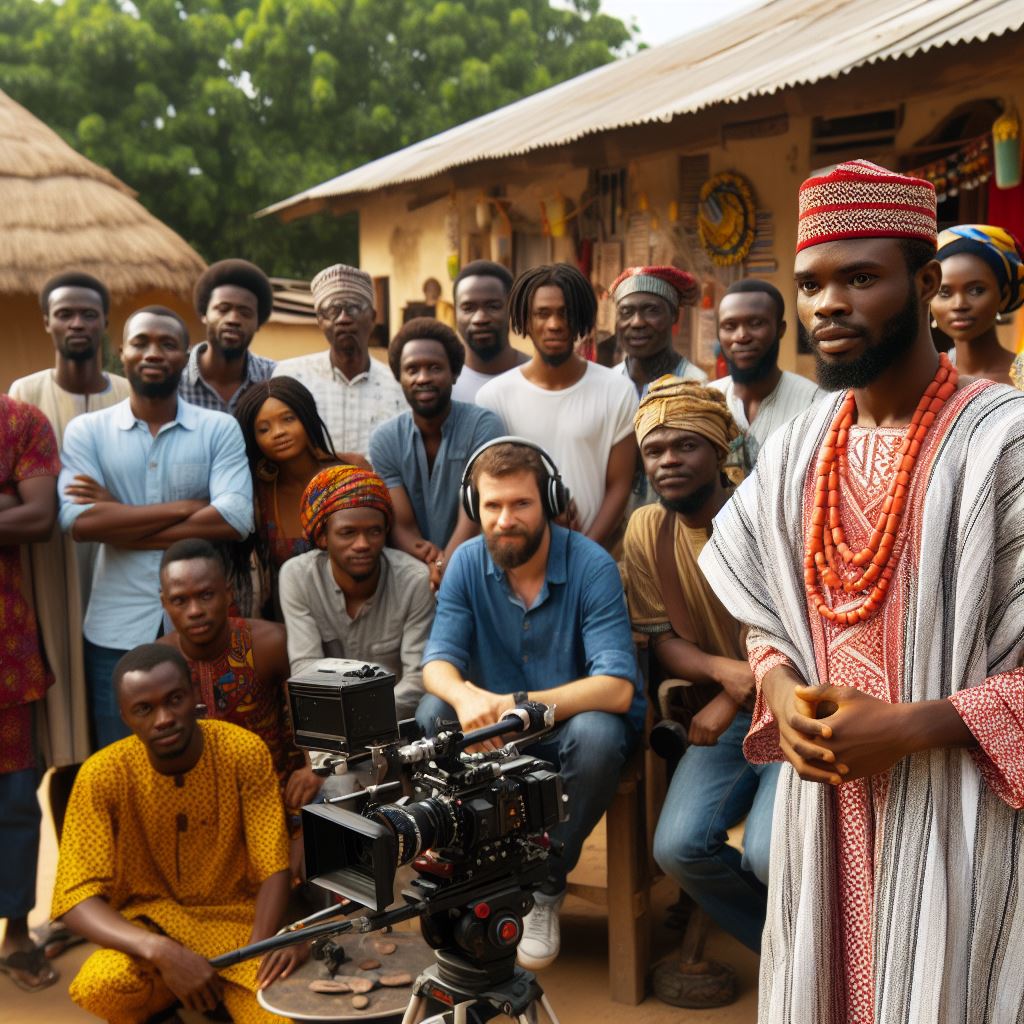
Is it cultural appropriation or appreciation when non-Nigerians adopt Nigerian fashion trends? How can we ensure that credit is given where it’s due and that the cultural significance of these styles is respected?”,
“refusal
By focusing on producing the best quality globally.